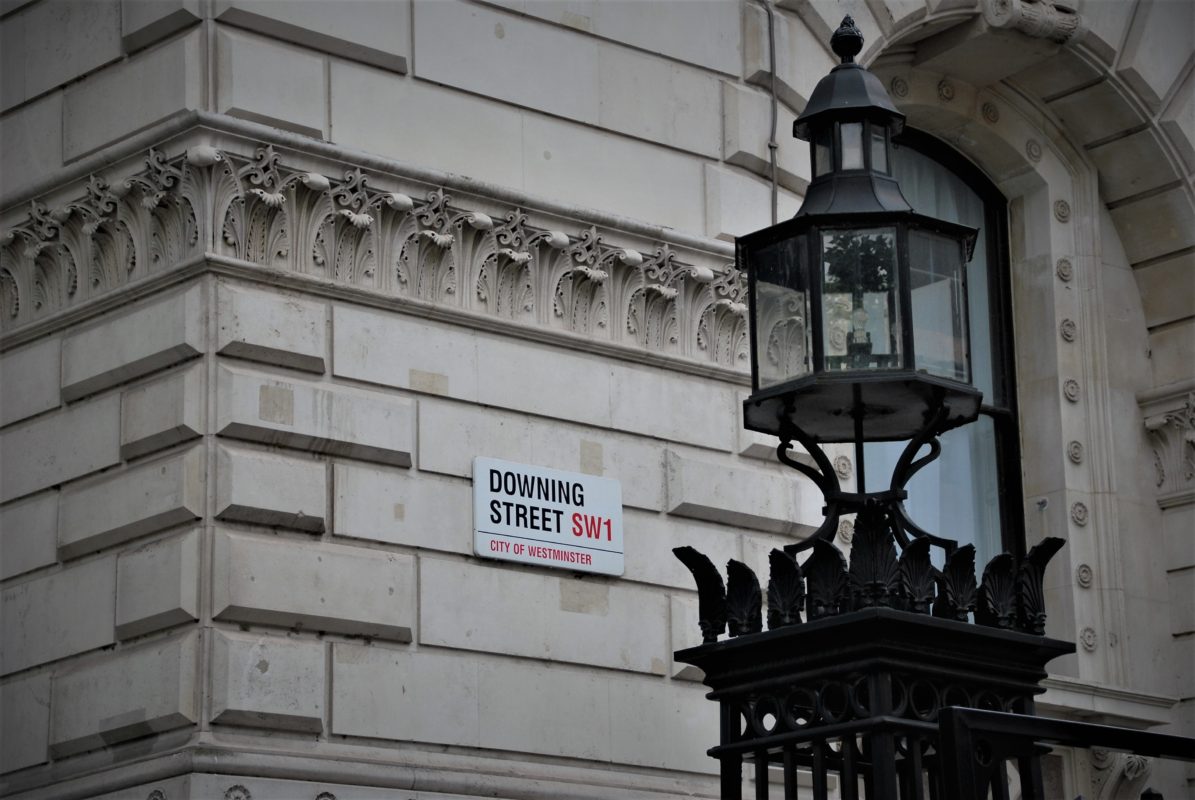The metropolitan police department has started to issue fines to people who attended parties at Downing Street during lockdown, which has now been known as ‘partygate’. Sue Gray’s full report on her independent investigation into the events. The way to conduct internal investigations have been raised and they can play an important part in finding out more about the activities, which may pose financial and reputational risks to employers, as well as, the pitfalls of being incorrect.
More employee allegations, concerns and complaints are now in full knowledge to the public. Increased awareness of their employment rights and expectations of accountability and ownership from employees all play a part to this. There are many situations where an investigation may be needed and It is incredibly important to get it right, as getting it wrong can lead to very difficult situations, which can then lead to them getting worse. This is best shown by initially having Civil servant Simon case to investigate the parties at Downing street, when it was then discovered that he had attended some parties that needed to be investigated. Emotion can also be involved so it is important to have a clear objective approach.
An individual’s livelihood and reputation is potentially on the line, so it is vital to be a thorough investigation and follow recognised practice to make sure it stands scrutiny. Some employees have ‘hotlines’ or ‘speak up’ frameworks and if any complaints are filed within this context, they would need to be investigated, as well as the more standard complaints and grievances. Some businesses may also have a higher incidence of complaints and claims, which may need to be investigated with a HR audit or something similar. The points to be looked into need to be set out and agreed from the beginning. If there is a complainant that is willing to speak up about the incident, they will need to be interviewed, their complaint clearly detailed and agreed with them.
Careful consideration will have to be given to decide how to conduct the internal investigation, whether this will be someone from inside the business or an outsider. Usually, this is determined by the allegations. An internal investigation should be done by someone who is senior and also experienced in what needs to happen. Alternatively, external help can come in such as HR professionals like Beagle HR. This also has the advantage of protecting communications of the investigation. Either way, communication and the number of people involved in the investigation should be kept to a minimum to keep information from being leaked.
The outcome is usually detailed into a report that will include both the findings and recommendations to follow. An effective structure of this would be a summary of the investigation, followed by a more detailed set of findings linked to supporting evidence and finished with appendices where evidence can be found. Then, once finished, there are a number of possible outcomes including no action, coaching needs, disciplinary action or a need to advise regulators as breaches of regulation.
The other side to the investigation is that the complainant may never find out the details of the result. They may just be told the investigation is completed and suggestions have been made, but give no detail to the person who initiated the process. A company’s reputation is normally more valuable to the costs associated with claims. Therefore having a transparent process for any and all investigations is vital to ensure employees’ concerns and issues are taken seriously, which will avoid any unwanted attention in the public eye.
Need help with how to conduct an internal investigation then contact Beagle HR whose trained HR professionals can help assist.


